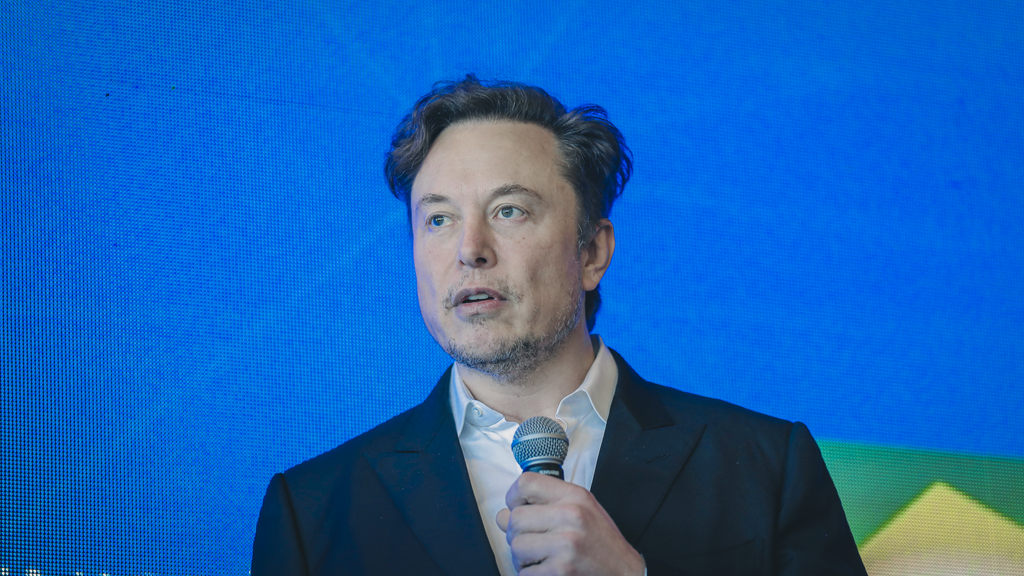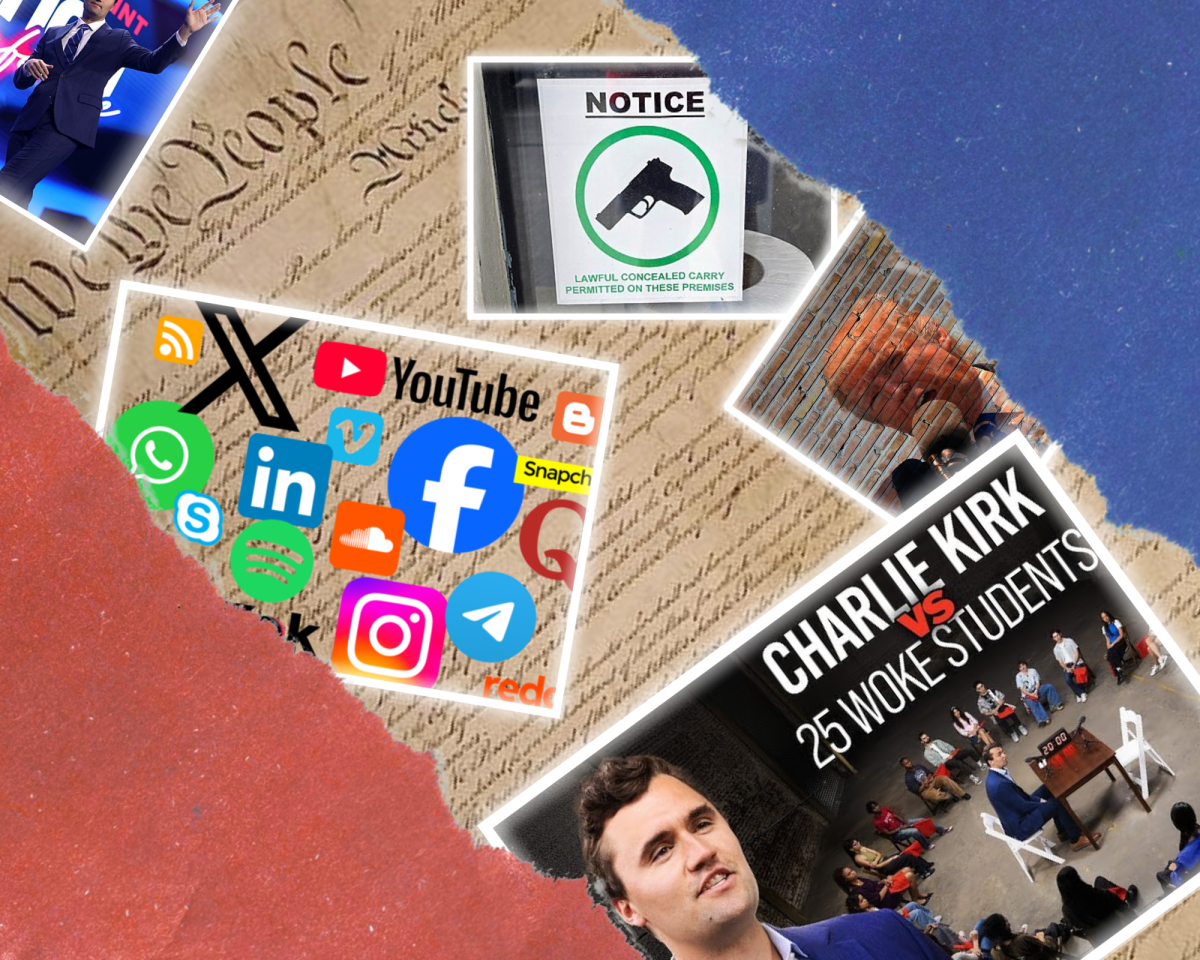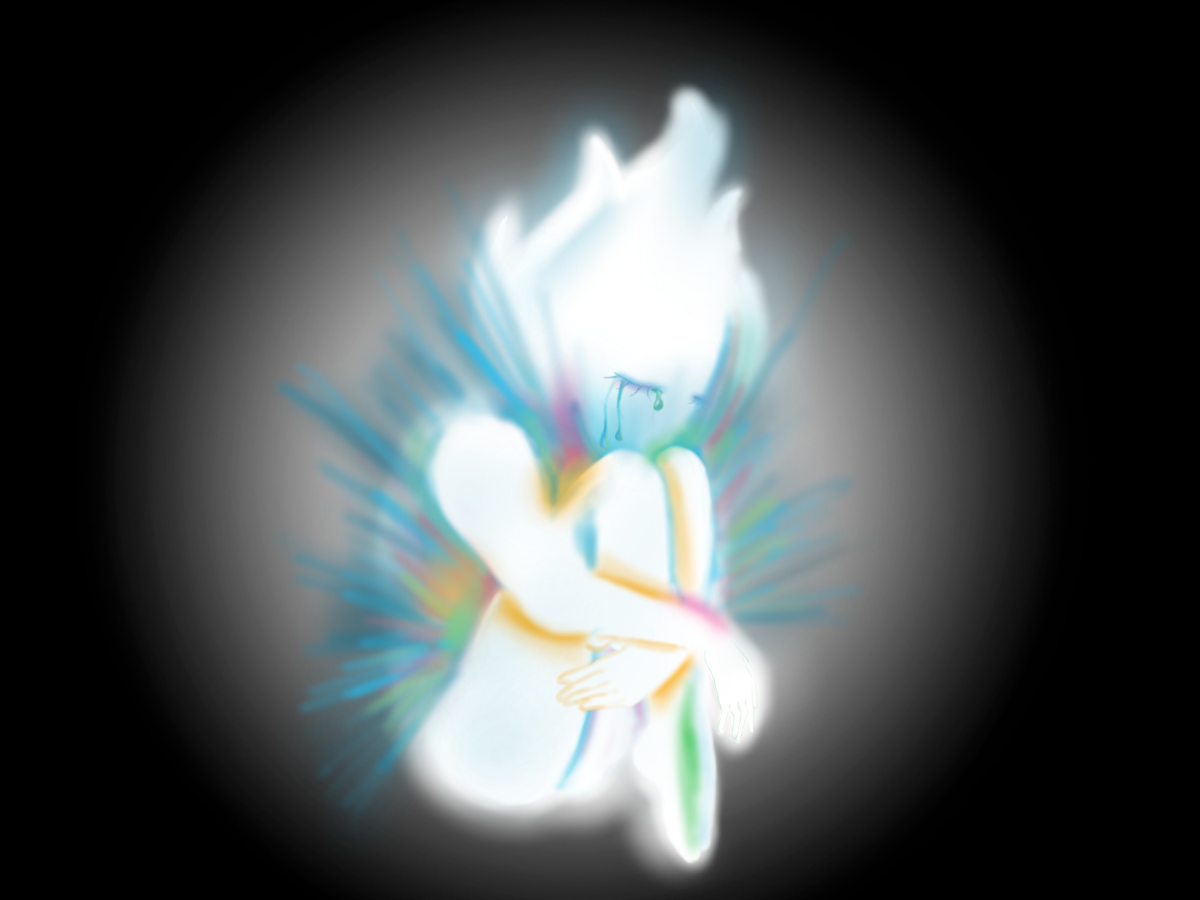In 2021, Elon Musk was named Time Magazine Person of the Year and soon became the richest man on the planet. His ambitious efforts to travel to Mars and replace every gas car with Tesla electric vehicles made him one of the most influential people in recent memory. Today, one Twitter acquisition later, he uses his platform to publicize his outbursts and pander to his obsessive fanbase.
Musk bought Twitter for $44 billion in 2022, which at the time was worth around $25 billion. After multiple policy changes, a messy rebrand from “Twitter” to “X” and losing over half of the top 1,000 advertisers, the company is worth about a third of what Musk bought it for. These blunders were astonishingly bad for the business — the only explanation for X’s otherwise unexplainable descent is that one egotistical man has control over the entire platform. Musk’s narcissism and inability to take criticism kills business, and, at least in the public eye, he cannot take credit for his faults. Instead, he blames his employees and has threatened or fired workers for doubting him on multiple counts. If any of his 100,000 employees disagrees with him or defends their work, Musk won’t hesitate to terminate them, having publicly done so in the past.
Last month on X, Musk went on a tirade about how the Anti-Defamation League (ADL), a Jewish organization that combats antisemitism and extremism, had been targeting X in attempts to “kill the platform.”
“[X] US advertising revenue is down 60%, primarily due to pressure on advertisers by [ADL],” Musk wrote. He went on to claim that ADL owed the company $22 billion, a portion of the amount Musk has lost since its acquisition. However, advertisers have stated they fled the platform due to Musk’s unreliability and childlike online behavior.
It’s not a good record for the 52-year-old CEO of six companies to have. It threatens advertisers using his platform, and creates risk for investors in Musk’s companies, who could lose their life savings within mere minutes of an erratic Musk tweet. His online presence consists of pandering to an audience of right-wingers and crypto enthusiasts, who blindly eat up anything he says. Musk has locked himself into an impenetrable bubble with his followers, and because of the constant praise and attention he receives, he dismisses valid criticism as an attack on his character and company. Having enjoyed success from Tesla and SpaceX, he isn’t used to being seen as anything less than humanity’s savior.
In Walter Isaacson’s new biography on Musk, Musk revealed that he acquired Twitter in fear that his transgender daughter, who he described as a communist, had been infected by the “woke mind virus,” a term coined by conservatives as an existential threat to civilization. He allegedly believed Twitter had been taken over by the “woke mind virus,” and was suppressing right-wing voices.
Musk’s rhetoric paints members of the LGBTQ+ community as being “infected” by “wokeness,” reducing their very identities to the political tides while antagonizing them for existing. His rhetoric resembles that of many conservative politicians, who have blamed “wokeness,” which is defined by the Cambridge Dictionary as being aware of social problems, as why America is collapsing. For them, using “wokeism” as a scapegoat builds more support in favor of anti-LGBTQ+ legislation and creates the culture war furor necessary to keep them in power. Musk’s X is a perfect platform to spread their hateful and false ideology.
Upon acquisition, hate speech on Twitter skyrocketed, with the use of the N-word surging by 500%. In part, Musk’s dismantling of X’s formerly robust moderation team is to blame, in addition to Musk’s insistence that all types of speech should be allowed on X. X’s policy against the targeted misgendering and deadnaming of transgender individuals was also silently erased.
While free speech should be encouraged on social media platforms, that doesn’t mean that people should be free to attack other users without restraints or consequences. But this is what Musk wants. He’s completely fine with hate speech, as long as it benefits him or fits his ideals. Ironically, Musk has silenced competitors and critics in the past, such as when he blocked Substack links upon announcement that the newsletter platform would be launching a twitter alternative. In April, Musk marked NPR’s twitter account with a ‘state-affiliated media’ label, which, given that NPR is a private nonprofit, is untrue, and threatens NPR’s reliability. In the same month, Musk declared that The New York Times’ reporting was propaganda, removing the organization’s checkmark on twitter. Musk notably targets left-leaning media outlets, especially ones critical of him, because they intimidate his character and authority. His stance on “free speech” changes depending on how it benefits him.
Musk’s endgame is a world that follows his vision and his rules. Along his process he has a consistency to abandon rules and principles, commonly with a smirk on his face. In all his endeavors, he employs a utilitarian-like mindset. Musk doesn’t mind a certain level of harm as long as he believes what he’s doing is for the greater good. He doesn’t seem to mind the fatal accidents caused by Tesla’s autopilot, because of his belief that they outweigh the benefits of one day having fully safe cars. He has a dangerous regard for human life, leaving ethical concerns in wake, and leaving us to question how far he’s willing to go.
Musk has unarguably changed history. SpaceX is considered to be the most innovative space company, and Tesla has revolutionized automobiles. His neurotechnological company developing implantable brain-computer interfaces, Neuralink, which has caused gruesome suffering to animal subjects, has the potential to treat disorders such as Alzheimer’s and Parkinson’s. His drive to save humanity, however, shouldn’t permit him to be egocentric and inexorable when it comes to his companies and his family. Unfortunately though, in the end, history will still look up to Elon Musk, and his narcissism will only be a stain on his golden statue.











Anonymous | Oct 9, 2023 at 7:43 pm
I take issue with this article. You are claiming that Elon Musk is a downright horrible person who only strives for money, similar to Scrooge in A Christmas Carol. However, throughout history, even the most prolific leaders had committed grave atrocities. Mahatma Gandhi sexually assaulted women. Martin Luther King Jr. promoted antisemitism. Andrew Carnegie dealt with the Homestead Strike by sending private security to the mill and essentially using violence to put an end to the protest. Mother Teresa forced her patients to be baptized, regardless of their religion. The list continues. Yet, these historical figures aren’t usually associated with Adolf Hitler and Joseph Stalin, because the leaders I have mentioned in the former have received far more acclaim for their contributions towards humanity. This article aims to slander Elon Musk, and only to slander him. Yes, he does have his flaws, however, based on the amount of positive work he is providing towards humanity, shouldn’t he be regarded to a higher esteem? Shouldn’t he deserve an iota of respect?
Paavo Lahdesmaki | Nov 13, 2023 at 12:14 pm
Did you read the last paragraph?
Additionally I never claimed that Elon Musk does everything for money. I never mentioned money in the article aside from how much Twitter was acquired for, and how much ADL owed X. You’re literally making up things I said.
I acknowledge that he’s done, and is doing, good for humanity. But thats not the focus of the opinion.